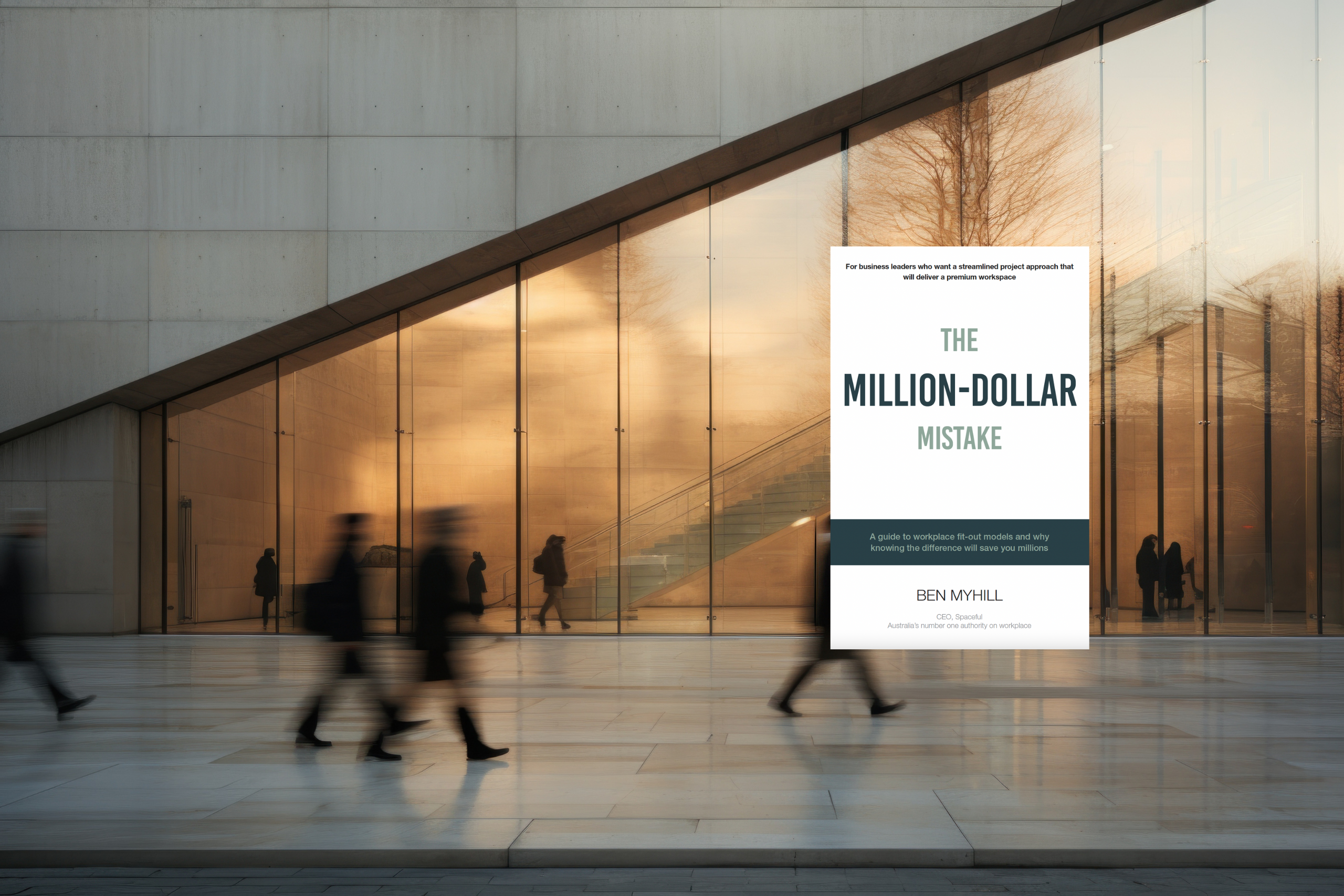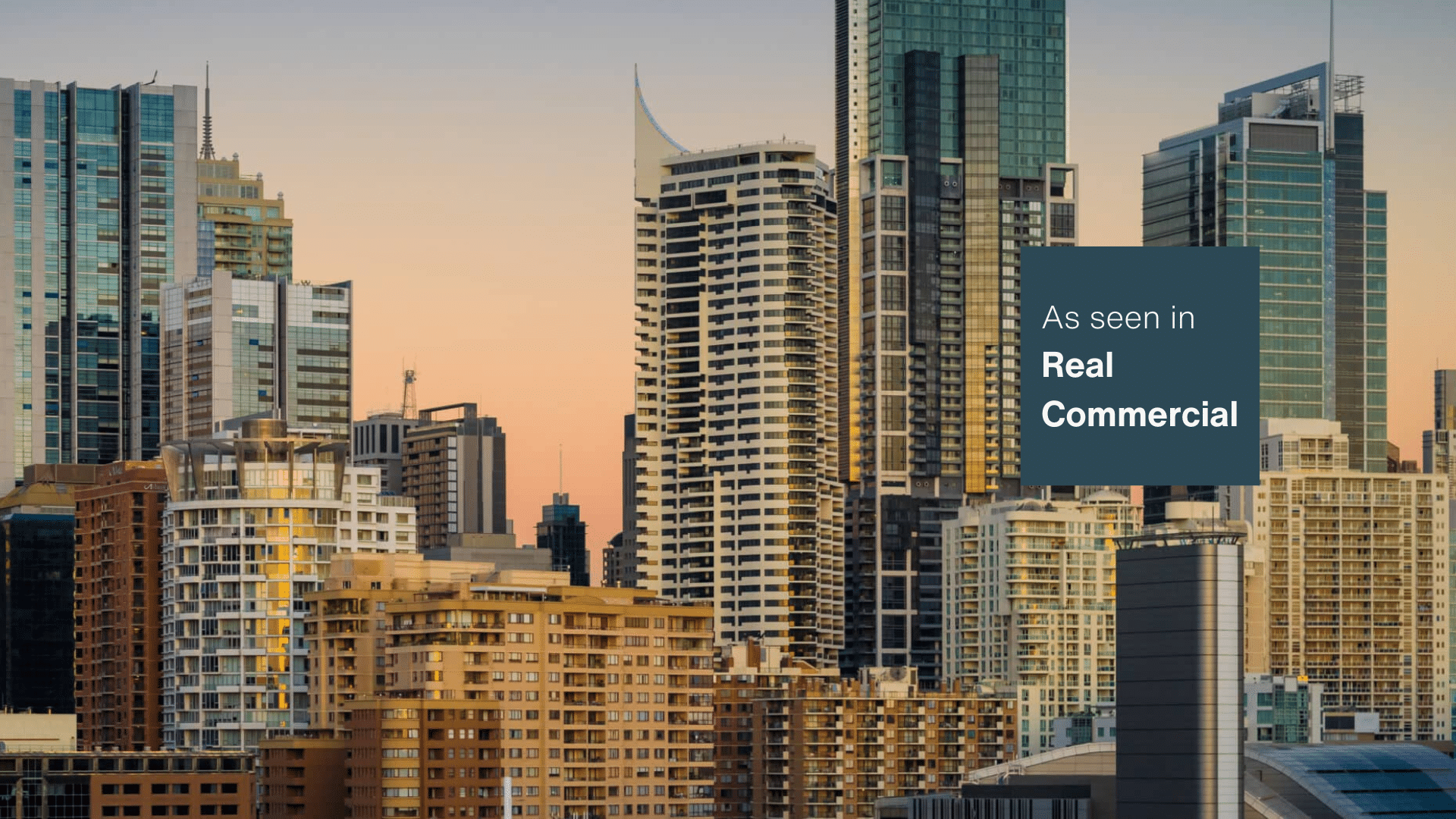
“The whole idea of a ‘destination workplace’ is more critical now than ever before. Enhanced technology, choices and options… will make people want to come in and re-energise their connections with other people.” — Source
Sleep pods and swimming pools are just a couple of the innovative ways that the world’s top law firms are not only earning the commute, but attracting the best talent.
The 2023 Future of Work report published by Australia’s PWC, found that “4 per cent [of the Australian workforce] wanted to work five days a week from the formal office, while 27 per cent wanted to be working fully remote and the remaining 69 per cent splitting their working week across multiple places and spaces.”
With this sentiment, and the physical office no longer being the only option for employees, it’s going to take something special for firms to earn the commute going forward.
What do law firms need to be doing to make it worthwhile for their staff to make the commute?
Set an example: Leaders should be in the office
“Millennial and GenZ attorneys have had a taste of freedom, and they’re not keen on going backwards.” — Source.
Law firms often see varying levels of attendance between employees of different status.
Junior lawyers often rely on others to complete their work, so coming to the office is a must. But that’s not necessarily the case for those with experience and autonomy.
Mid-level lawyers are more self-reliant and more likely to have clashing commitments outside of work that they need to balance, such as school runs. They need a degree of freedom and flexibility as to where they work, but being at home permanently deprives their team of valuable input and insights.
Senior leadership should be accessible, as they set the example and standard for the rest of the firm. The best way to encourage mid-tier staff back in (other than by designing a destination workplace), is for the senior leadership to be present themselves.
This is the minimum baseline. It’s unlikely that without this, an attractive workplace alone will encourage workers back to the office.
Set expectations: Articulate how the office should be used
It’s critical to accommodate the needs of your staff to earn their loyalty, demonstrate trust, and facilitate their best work. But that’s a two-way street.
Spaceful’s Principal of Client Relations, Ben Churchman, says, “If you’re going to invest in a workplace strategy and a fitout built around a particular work model, then you need commitment from your team to utilise it accordingly. That means setting expectations; they’ve said they’re happy with working from the office at least three days a week, so that becomes the agreement.
And of course, these might need to change over time and be different between teams. But planning and clarity are key.”
Whether you want to allow full flexibility or establish set office days, involving them in the conversation and ratifying the expectations of staff is key to success.
Get engagement: Starting with the right foundations
Increasingly, employees view work as a place of fulfilment and not simply a place they go to do their work. So when it comes to creating an environment that people want to be in, ESG is increasingly becoming a consideration.
PWC’s Future of Work report stated, “Employees are pushing social agendas through their organisations.” It goes on to say, “This is seeing organisations increasingly look at their social licence and impact on communities. And moving forwards, they’ll be expected to continue their ESG efforts and look for new ways to drive sustainable practices very tangibly.”
In the law industry, there’s been a considerable and noticeable shift towards making these standards a priority over the last couple of years. Whilst they mattered before, they’re now at the top of the list.
Churchman noted that “Law firms want buildings and fitouts with high Green Star ratings, and they’re reinvesting the money they save from optimising and downsizing floorspace back into quality upgrades for a sleeker, more cutting-edge aesthetic environment.
It’s the kind of industry where workplaces need to make a statement, and the top law firms are approaching that with more innovation than ever before.”
Keeping the workplace purely functional for work tasks is no longer a long-term strategy for success and is a missed opportunity to engage employees. Disengagement can mean losing top talent which in some cases can lead to losing entire teams and client portfolios if a partner or senior leader in the company departs.
ESG standards protect the welfare of employees and employers alike, and are being implemented in new and interesting ways.
Now that the in-person workplace is not their only option, it’s about how that environment makes people feel, what it offers that isn’t available at home, and the culture that it nurtures.
“Many clients are even taking a lot of these things in-house too. They’re exploring things like barber shops and retailers within the workplace precinct.”
Providing a great working environment not only makes it easier to retain staff, but it can also help to encourage the best players from competing firms to make the switch.
Are you ready to leverage these solutions for your firm?
Spaceful has extensive experience within the Australian legal sector and has worked with firms such as Bartier Perry Lawyers, McInnes Wilson Lawyers, and Law Council of Australia.
I’d recommend Spaceful to anybody looking to do a commercial fitout, that needs to maintain their focus on their primary business.


